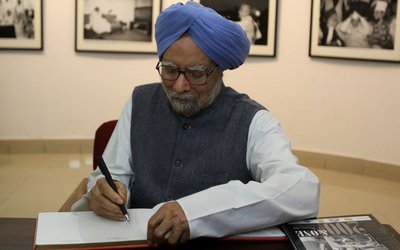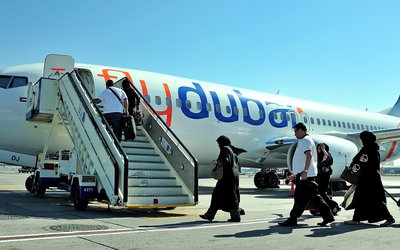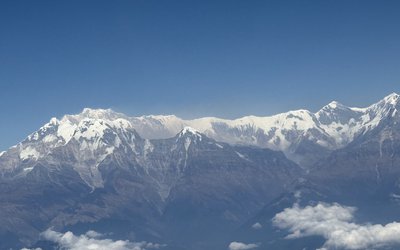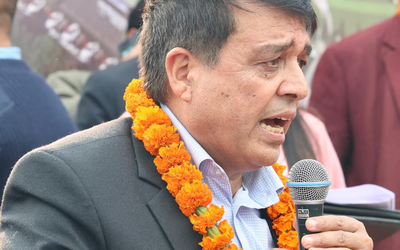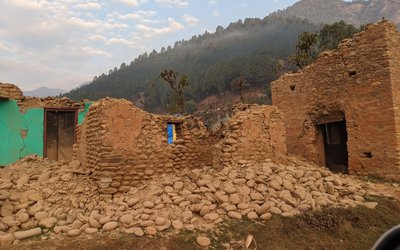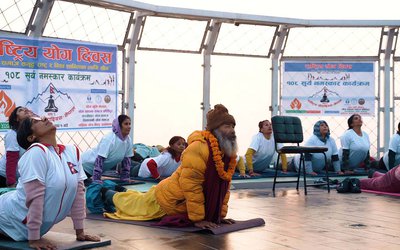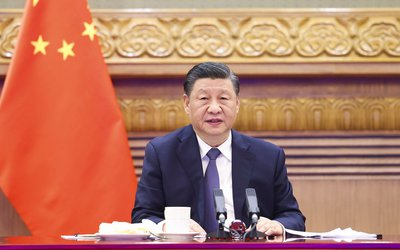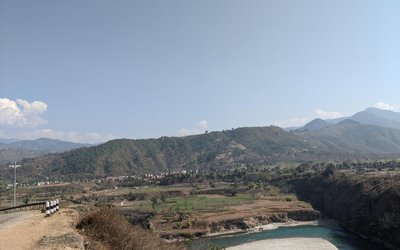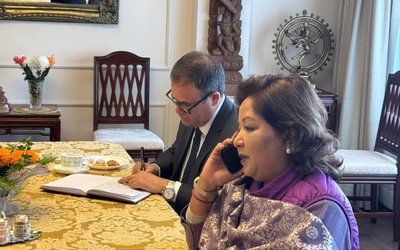
As the world is under the grip of Coronavirus, there appear to be universal breach of social contract. The world leaders in democracies, autocracies or monarchies have grossly failed to give birth to a clear roadmap to mitigate the despair and desolation amid Covid-19 outbreak.
The concept of social contract is that in the beginning men lived in the state of nature. The state of nature was described by some as that of hardship and oppression while by some others as that of bliss and joy. Men entered into an agreement for the protection of their lives and property and thus society came into existence. People entered into second agreement by which the people who had united together earlier, undertook to obey an authority and surrender the whole or a part of their freedom and rights and the authority guaranteed every one of them the protection of life, liberty and property. It was in this way that the government, sovereign or ruler came into existence for the protection and promotion of the rights, interests, life, liberty or property of their subjects.
The important exponents of theory of social contract were Grotius, Hobbes, Locke and Rousseau. Grotius was of the view that the rulers are bound by the contract to establish stability and orderliness of international society.
The post-Coronavirus lockdown is certainly going to unleash a paradigm shift in how states and people come up with a new universal social contract. But, government can only act locally even against epidemics, unless they had an opportunity to act beyond the borders. If the theory of Grotius is something to be acknowledged in letter and spirit, the world leaders should come up with a universal political order as Covid-19 is a pandemic now and requires action at the national as well as international level. Governments with weak healthcare regime or inability to combat epidemics will be unable to battle this outbreak and they will be in the want of international cooperation and assistance.
Amid ongoing outbreak, the elected representatives, and government authorities could come out of the comfort zone and ensure the fundamental rights relating to food, health, or life to its population. According to Hobbes, injustice is nothing else than non-performance of covenants. The nature of justice consists in keeping of valid covenants which start with the constitution of a civil power sufficient to compel men to keep them.
However, Hobbes theory of social contract is more authoritative in nature. In his popular work Leviathan (1651), Hobbes, an individualist, utilitarian and absolutist, explained that the national population is beneath a sovereign authority and a political community is established for the sake of protection of the citizen’s rights. To quote Hobbes, “The obligation of subjects to the sovereign is understood to last as long and no longer than the power lasts by which he is able to protect them.”
In contrast, John Locke placed individual at the centre. He used the social contract to justify government by majority which held the power in trust, with the duty to preserve individual rights whose protection was entrusted to them by individuals. If Hobbes stood for authority, Locke stood for liberty. For Locke, a legitimate government holds authority to remain in power so long it protects and promotes the rights of its subjects. He argued that right to life, liberty and property are inalienable rights.
What makes the current outbreak more dangerous is the fact that what will happen to the hundreds of people who have already been laid off or lost their job? At a time when the concept of social distancing has grown louder, the government and fellow people must not make distance with the concerns of poor and needy people and they must remember their humanitarian duty towards the citizens. If the government at the helm is pledged to recognize the theory of Locke, the state is under a solemn duty to adopt all measures to protect and promote the concerns--rights to life, liberty and property—of people without any discrimination.
Unlike Locke, Rousseau (1712-88) gave his theory of social contract in his two books, namely “The Social Contract” and “Emile.” He pioneered the doctrine of “general will” which he calls the manifestation of sovereignty. He says when sovereignty acts for the common interest it is the exercise of the general will. “Everybody is allowed to will his own will and thus the majority will is found,” said the great social contracterian. He believed that the general will is always right will. It is a permanent will, which is the spirit of citizenship taking concrete form and shape. This way, the eminent philosopher clarifies that the law is the expression of general will.
The doctrine of general will is based on the idea of common interests. As novel Coronavirus has become a global concern and entire world aims to win a war against this pandemic, it has given a message to the people that the “general will” or collective effort is the only weapon against the deadly Covid-19. Man is born free but everywhere he is in chains,” the words of Rousseau gives yet another message that man’s liberty and right is subject to nation’s law and order or the needs and requirement of society. The imposition of lockdown could be taken as an approach to slow down the rate of the transmission at which new infection can develop.
At this backdrop, there is a dire need of holding a debate, dialogue and discourse at international stage to interpret and analyze the success or failure of our concept of social contract that says that a state alone is competent enough to resolve its outstanding issues. After all, old and tried approaches have failed to deliver. A global welfare state seems to be the best option in hand when it comes to march a fight against the pandemics. The wheels of development must turn for humans across the globe, not just for a selected few states. Regrettably enough, all other stories, except Coronavirus, have become secondary. Its high time we realized that the states should unanimously form a worldwide social contract called “Vasudhaiva Kutumbakam” (i.e., the world is one family) at least to battle pandemic situations like the outbreak of novel Coronavirus.
(The author, formerly a Lecturer at Kathmandu University School of Law, is a Judicial Officer with Janakpur High Court, Birgunj Bench)

